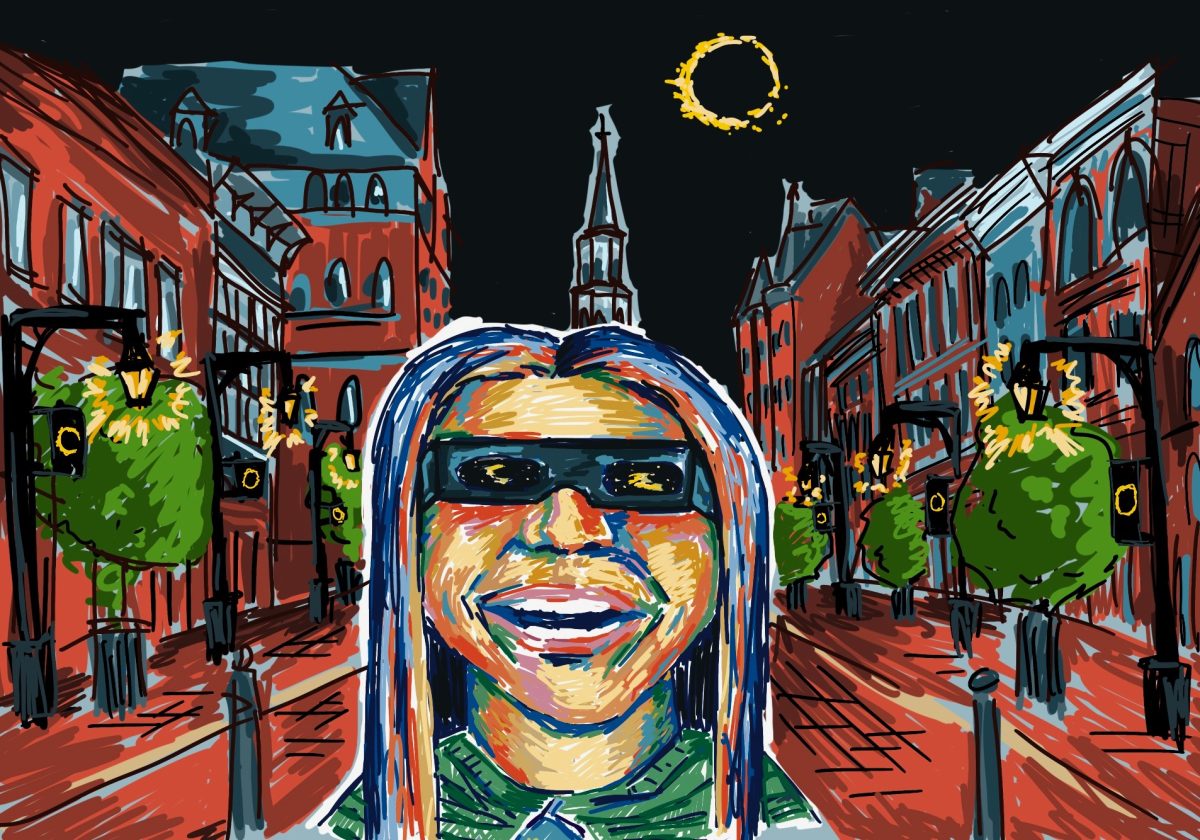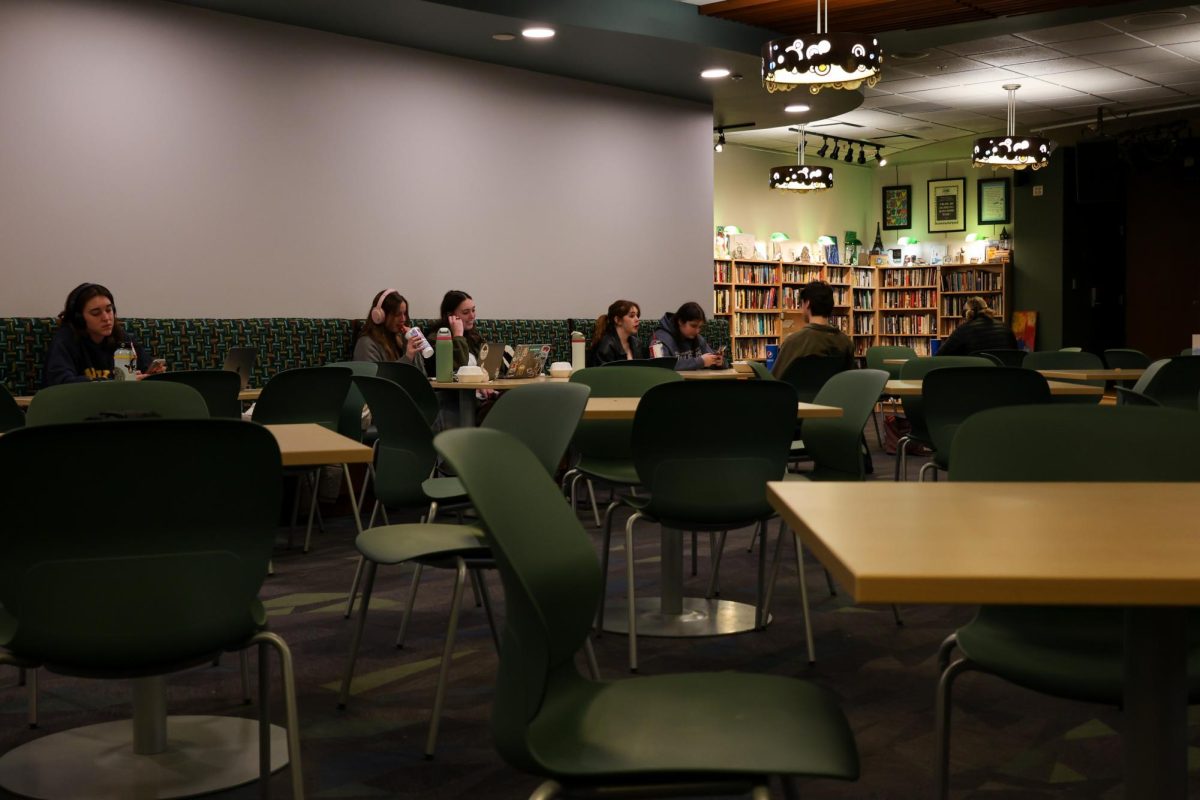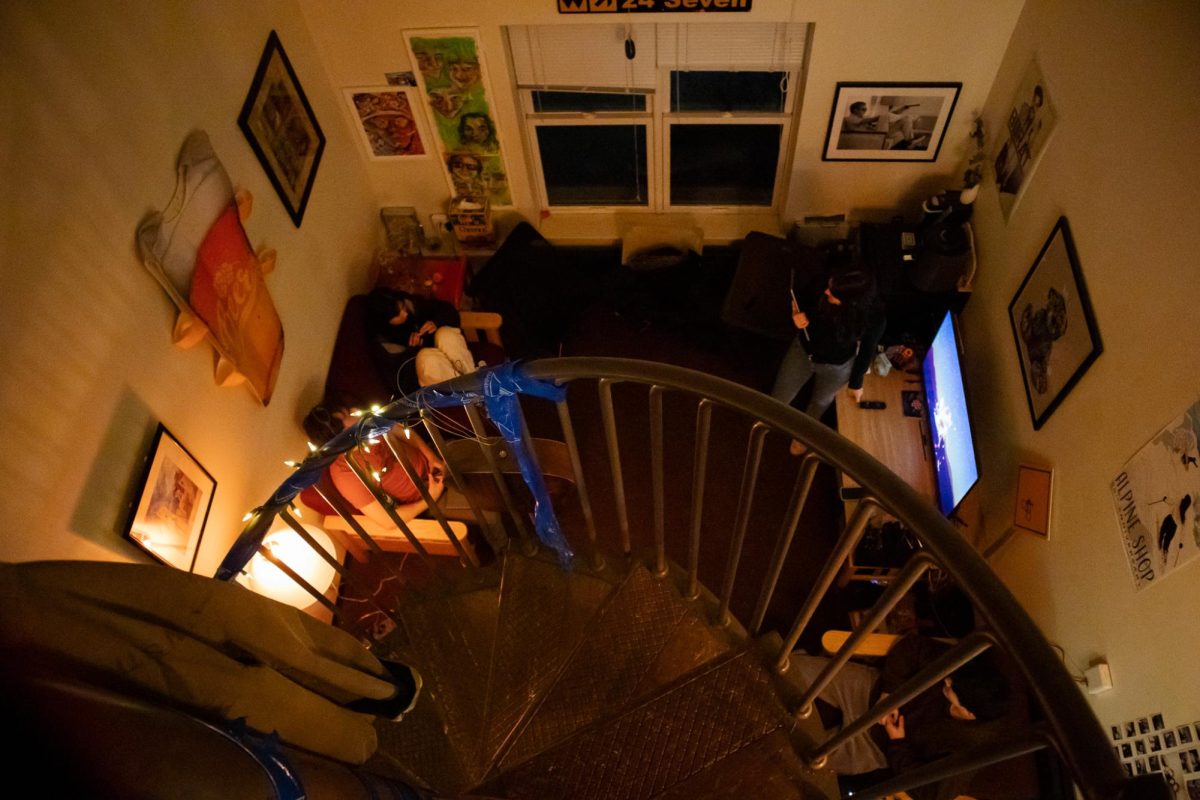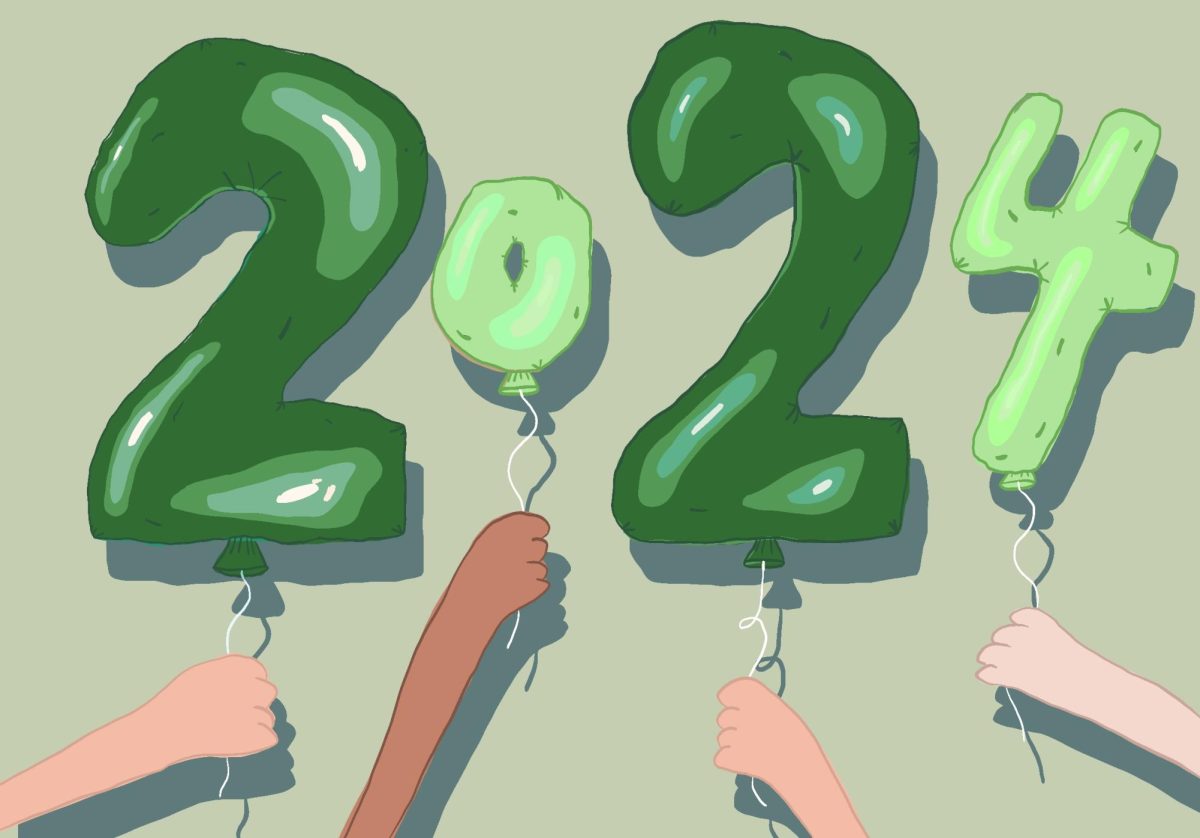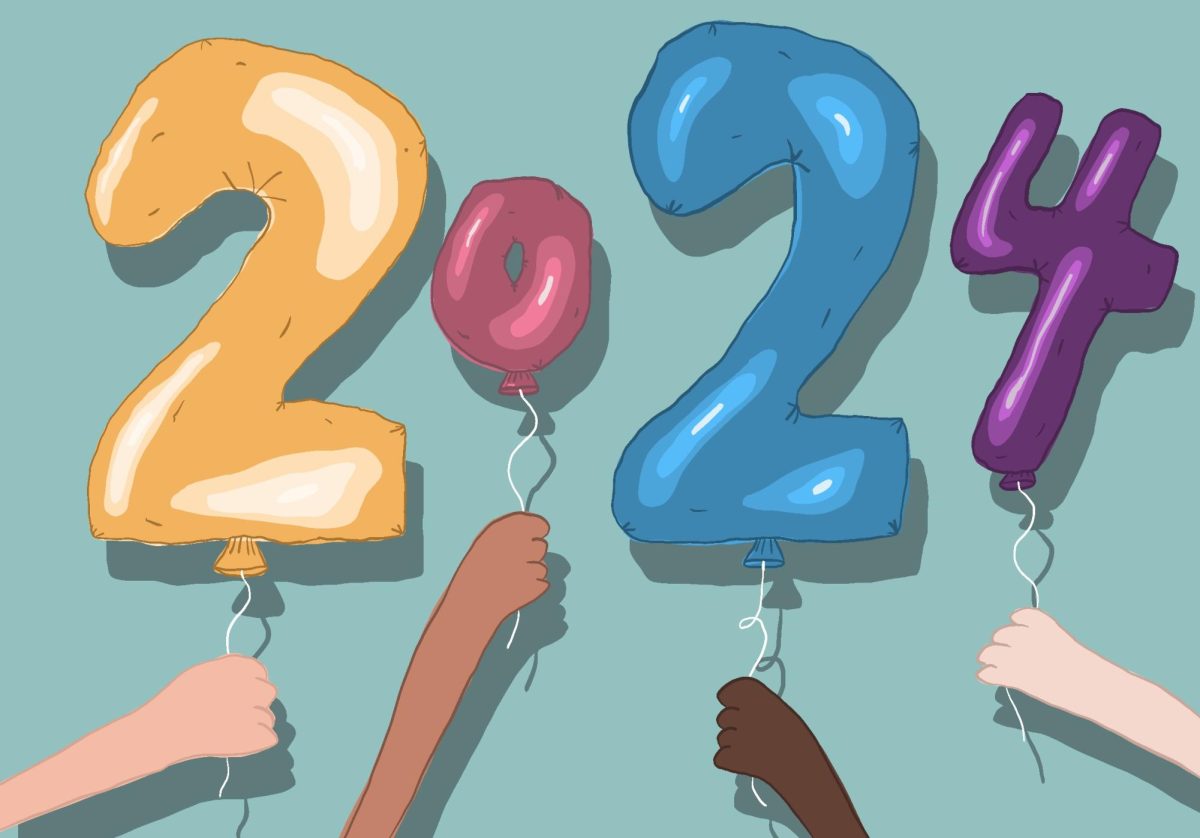How do I feel about my vagina? Or as The Vagina Monologues say it, “VA-GI-NA! No matter how many times you say it, it still never sounds like a word you want to say.” Three vaginas in one sentence! Brace yourselves. There’s more to come.
The production of The Vagina Monologues at UVM is a part of the nation-wide V-Day College Campaign, which promotes creative ways of raising awareness about violence against women and the organizations that work to eradicate it.
Proceeds from tickets for the Monologues and all V-Day events are donated to local organizations involved in the struggle against this kind of violence, including rape, battery, incest, female genital mutilation, and sexual slavery.
V-Day and The Vagina Monologues themselves are Eve Ensler’s creations. A 1975 graduate of nearby Middlebury College, Ensler wrote the first Monologues in 1996 as a response to the embarrassed, guilty connections and feelings women often have with their bodies and sexuality.
Since initially being performed in SoHo cafes by Ensler herself, the Monologues have been expanded, translated in over a dozen languages, and performed world-wide by casts composed of college students and famous actresses alike.
So what exactly is a vagina monologue? Being a virgin (to The Vagina Monologues, that is), I had an idea of what would unfold on stage once the show started, but still didn’t know exactly what to expect.
Upon arriving at The Carpenter Auditorium one is immediately greeted by a slew of signs designed to put me in a vagina-friendly mood: “VAGINA LOVERS UNITE,” “STAND BY YOUR VAGINA,” and even a direct order-“MASTURBATE.”
Marking V-Day’s equally essential emphasis on anti-violence were tables and displays hosted by the local beneficiaries involved in the event. Among these were: the Feminist Majority Leadership Alliance; Women Helping Battered Women; SafeSpace; The Women’s Rape Crisis Center; and UVM Men Advocating Change.
Various pieces from In Vivo, In Vitro, painted by Sarah Rutherford served as an aesthetic background.
The Carpenter is at most two-thirds the size of the CC Theater, seating around 140 people. In past years the Monologues have been put on in Ira Allen Chapel as well as CC Theater, both venues that offer much more available seating then the Carpenter.
Timothy Shiner of the Women’s Center, a veteran coordinator of V-day at UVM, explained that the ideal location for the production would accommodate four or five hundred people, which UVM lacks.
Unfortunately, the last time the Monologues were done in Ira Allen Chapel, the Women’s Center only sold roughly half the available number of tickets over the course of the three nights the show played.
It was a completely full house on Thursday night, and the crowd was an eager and enthusiastic one. Though the audience was predominately female, there were at least two men in every row, often more.
As Timothy Shiner said, The Vagina Monologues are relevant to men because it offers perspective on the women in their lives: “you can see the show and hear the stories and realize that it relates to your life.”
For those who were not sure what to expect, the producers were kind enough to address that uncertainty right off the bat: “GOOD EVENING VAGINAS! And penises,” was the first introduction. “Please refrain from eating, drinking, masturbating, and any flash photography.”
For those of you that haven’t seen it, I won’t ruin the surprise by divulging too much detail. I will tell you that it is hysterical.
To characterize the Monologues as a simple comedy would be a mistake. “They move people to become involved”, notes V-Day Campus Coordinator and Director Christina Wehry. “They moved one woman in San Francisco to publish 30,000 newspaper inserts talking about domestic violence.”
The show is funny, serious, inspiring, moving, enlightening, and at times sad.
It is also well-informed: over two hundred women of all ages, races, religions, occupations and sexualities were interviewed to form the basis of the monologues. And it is well done: almost all of the performers and production assistants are students, either from UVM or one of the surrounding colleges, that demonstrate their genuine talent for acting.
I’ve been fortunate enough to grow up in a free, supportive environment that has fostered a sense of pride and comfort with my femininity-with my vagina. But the performance provides the viewer with a sense of community based on honesty and openness that is rare in real, every day life.
Joel Vestrich (’07) admitted that he was in attendance as a requirement for a playwriting class he is in. Prior to the start of the show I asked him if he thought he was comfortable discussing vaginas. “Probably not,” he responded honestly.
During intermission he told me he hadn’t understood some of the jokes, but expressed, as Dan Kirk (’07) did, not feeling “as out of it as I thought I would.” I asked Joel if he wished there were Penis Monologues. “Oh yeah,” he laughed.











